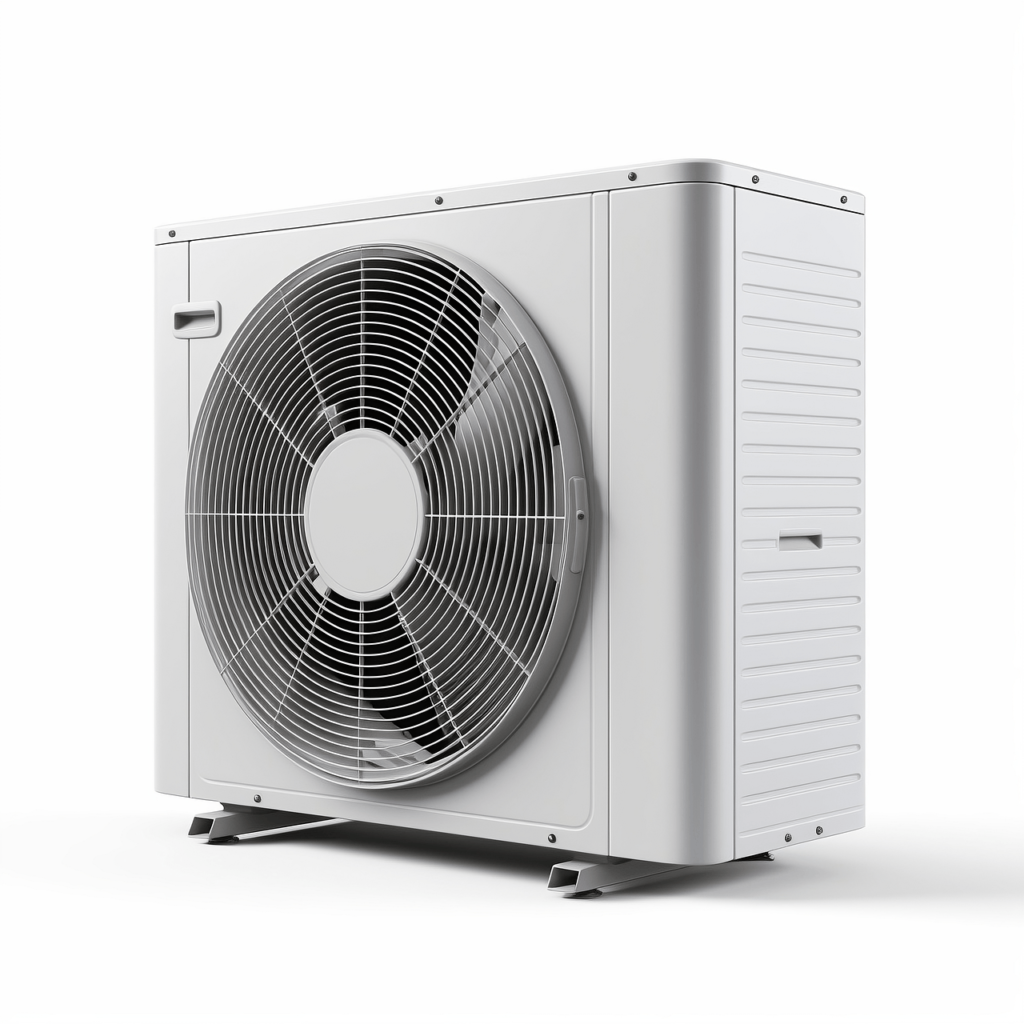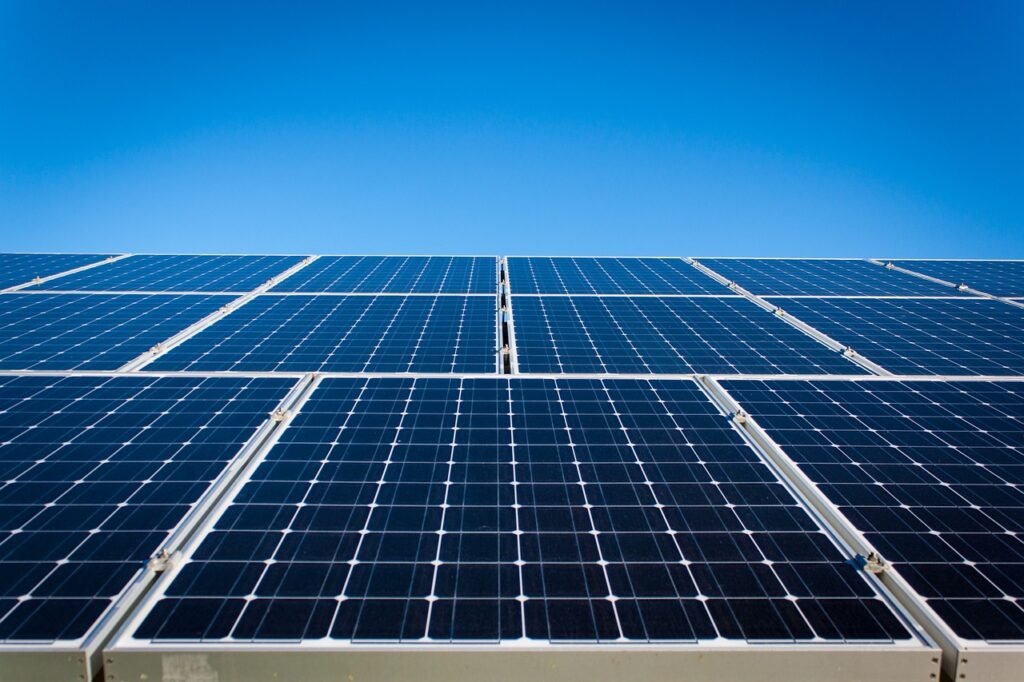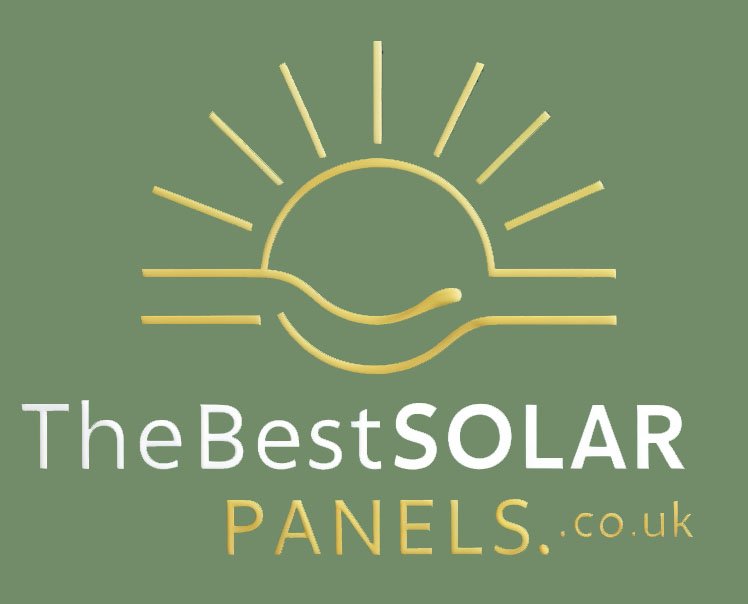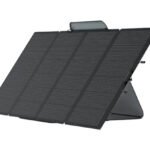Heat Pumps vs Solar Panels: which is the best for you? Both technologies promise to revolutionize the way we power and heat our homes, offering distinct advantages and unique challenges.

What are Heat Pumps?
Heat pumps are versatile systems that provide both heating and cooling by transferring heat between the indoors and outdoors. They can extract heat from the air, ground, or water. As a result, they are an energy-efficient solution for maintaining comfortable temperatures in homes.
Heat pumps hailed as efficient climate control wizards, operate on the principle of transferring heat between indoor and outdoor environments. These systems can harvest heat from the air, ground, or water. So, they provide both heating and cooling functionalities for residential and commercial spaces. As the demand for energy-efficient HVAC solutions rises, heat pumps emerge as a compelling option for those aiming to optimize comfort without compromising environmental responsibility.
What are Solar Panels?
Solar panels, also known as photovoltaic (PV) systems, harness the power of sunlight to generate electricity. These panels convert sunlight into direct current (DC) electricity. Then, this is converted into usable alternating current (AC) electricity for residential and commercial use.
Then, solar panels harness the abundant energy of the sun to generate electricity. Through the photovoltaic process, these panels convert sunlight into usable electrical power, providing a clean and renewable energy source. Solar panels have become synonymous with sustainable living because they offer homeowners the opportunity to produce their own electricity. So, they reduce reliance on conventional grids and contribute to a more eco-friendly energy landscape.
Comparison between Heat Pumps vs Solar Panels
Two technologies, heat pumps and solar panels, stand out as front-runners in the race toward energy efficiency. Each offers a unique approach to reducing carbon footprints and dependence on traditional power sources.
| Heat Pumps | Solar Panels | |
| Cost and Savings | While the initial investment can be substantial, the efficiency of heat pumps often translates into long-term savings on energy bills. | Higher upfront costs are mitigated by significant long-term savings, especially with net metering, allowing homeowners to sell excess energy back to the grid. |
| Environmental Impact | Rely on electricity but can be highly efficient, reducing overall energy consumption and reliance on fossil fuels. | Generate clean, renewable energy, contributing to a substantial reduction in greenhouse gas emissions and environmental impact. |
| Energy Independence | Depend on the electricity grid but can be integrated with solar panels for a more sustainable power source. | Solar panels convert sunlight into electricity. So, you can generate and manage your own electricity without relying on external energy providers. |
| Space and Installation | Require less physical space, making them suitable for various property sizes. | Demand more roof space. And the installation process can be influenced by factors like roof orientation and local regulations. |
| Versatility | Serve dual purposes by providing both heating and cooling functionalities. | Primarily generate electricity, but solar thermal options can be integrated for hot water production. |
Cost And Savings
Heat Pumps
Investing in a heat pump involves an initial upfront cost. That includes the purchase of the system, installation, and any necessary modifications to your home’s infrastructure. The specific type of heat pump, such as air-source, ground-source, or ductless mini-split, will influence the overall cost. While this initial investment can seem substantial, we recommend viewing it as a long-term commitment to energy efficiency.
- Reduced Energy Bills: Heat pumps are renowned for their energy efficiency. So, they leverage the ambient heat in the air, ground, or water. This efficiency often leads to lower energy bills over time than traditional heating and cooling systems.
- Environmental Impact: The reduced reliance on fossil fuels contributes to a lower carbon footprint, aligning with environmental sustainability goals.
- Government Incentives: Some regions offer incentives, rebates, or tax credits for installing energy-efficient heat pumps, further enhancing long-term savings.
Solar Panels
Solar panel systems also come with an initial cost encompassing the purchase of the panels. You should think about buying inverters, installation, and possibly storage solutions like batteries. Factors such as the size of the system, the type of solar panels chosen, and local installation costs contribute to the overall expense. Despite the higher upfront investment, solar panels often pay dividends through long-term savings and energy independence.
- Energy Independence: Solar panels empower homeowners to generate electricity. This reduces dependence on conventional power grids and mitigates the impact of fluctuating energy prices.
- Net Metering: Excess energy generated by solar panels can be fed back into the grid. As a result, the homeowners could earn credits or financial compensation, further offsetting initial costs.
- Long-Term Savings: Despite the initial investment, solar panels often lead to substantial savings on electricity bills over their lifespan, which can extend beyond 25 years.
- Environmental Benefits: Solar panels significantly reduce greenhouse gas emissions, contributing to a cleaner and more sustainable energy landscape.
Hybrid Systems
Combining heat pumps with solar panels creates a synergy, allowing solar-generated electricity to power the heat pump. This integrated approach enhances overall energy efficiency and savings.
Do solar panels produce hot water?
Yes, you can integrate solar panels into solar water heating systems to produce hot water for residential or commercial use. Unlike photovoltaic (PV) solar panels that generate electricity, solar water heating systems, also known as solar thermal systems, capture sunlight to directly heat water.
The basic components of a solar water heating system include:
- Solar Collectors: These collectors, often mounted on the roof or in another location with ample sunlight exposure, absorb sunlight and convert it into heat.
- Heat Transfer System: The collected heat is transferred to a fluid within the solar collectors. This fluid is then circulated to transfer the heat to the water in the storage tank.
- Storage Tank: The hot water is stored in a well-insulated tank for later use. This tank can be a part of the solar collector system or integrated with an existing water heating system.
There are two main types of solar water heating systems:
- Active Systems: These systems use pumps to circulate the fluid between the solar collectors and the storage tank. Active systems can be further categorized into direct circulation systems (pumps circulate water through the collectors and into the home) and indirect circulation systems (pumps circulate a heat-transfer fluid through the collectors and a heat exchanger, which heats the water).
- Passive Systems: Passive systems rely on gravity and natural convection to circulate water or heat-transfer fluid through the collectors and into the storage tank. They are generally simpler but may be less efficient than active systems.
Solar water heating systems are a cost-effective and environmentally friendly way to meet a significant portion of a household’s hot water needs. They are particularly effective in sunny climates and you can use them in various residential, commercial, and industrial applications. The integration of solar water heating with solar panels provides a comprehensive approach to utilizing solar energy for electricity and hot water production.
Can heat pumps be powered by solar panels?
Yes, it is possible to power heat pumps with electricity generated by solar panels. This combination offers a comprehensive approach to sustainable energy usage. This will allow you to heat and cool your home with renewable energy. And you will reduce reliance on the grid and minimise your carbon footprint.
Do you really save money with a heat pump?
The potential for saving money with a heat pump depends on various factors. These include the efficiency of the heat pump, local energy prices, climate conditions, and the specifics of your heating and cooling needs. Here are key considerations when evaluating whether you can save money with a heat pump:
- Energy Efficiency: Heat pumps are popular for their energy efficiency, especially in moderate climates. They transfer heat between indoor and outdoor environments rather than generating heat. This can result in lower energy consumption than traditional heating and cooling systems.
- Operating Costs: Heat pumps can provide cost savings on your energy bills, particularly if electricity prices are reasonable and the system operates efficiently. The efficiency of the heat pump is often measured by the Seasonal Energy Efficiency Ratio (SEER) for cooling and the Heating Seasonal Performance Factor (HSPF) for heating.
- Climate Considerations: Heat pumps are generally more efficient in moderate climates. In extremely cold temperatures, especially below the freezing point, the efficiency of air-source heat pumps can decrease, and you may need supplemental heating.
- Utility Rates: The cost-effectiveness of a heat pump depends on local utility rates. Savings may be less pronounced in regions with higher electricity prices and lower costs for alternative heating fuels (such as natural gas)
- Government Incentives: Some regions offer incentives, rebates, or tax credits for installing energy-efficient heat pumps. These financial incentives can significantly offset the initial costs, improving the overall cost-effectiveness.
- System Maintenance: Regular maintenance is crucial to ensuring the optimal performance and efficiency of a heat pump. Neglecting maintenance can lead to decreased efficiency and potentially higher operating costs.
- Supplemental Heating and Cooling: In some cases, especially in colder climates, a heat pump may work alongside a secondary heating system, such as a furnace. The efficiency and cost savings will depend on how often you use the secondary system.
- Long-Term Considerations: The upfront cost of purchasing and installing a heat pump may be higher than traditional systems. However, the long-term savings and benefits, including reduced environmental impact, can make it a cost-effective choice over the life of the system.
Is a heat pump worth it without solar?
Even without solar panels, heat pumps can be a worthwhile investment due to their energy efficiency. They provide a greener and more sustainable alternative to traditional heating and cooling systems. So, they offer long-term savings and reduced environmental impact.

How many solar panels do I need for a heat pump?
The number of solar panels you need for a heat pump depends on several factors. For example, the energy efficiency of the heat pump, your geographical location, your electricity consumption patterns, and the amount of sunlight your location receives. Here’s a general guide to help you estimate the solar panel capacity needed for a heat pump:
- Determine Heat Pump Energy Consumption:
Check the specifications or energy efficiency ratings of your heat pump. Look for the power consumption in kilowatts (kW) or British thermal units per hour (BTU/h).
2. Calculate Daily Energy Consumption:
Determine how many hours per day your heat pump will run. Multiply the heat pump’s power consumption by the number of hours it operates daily to calculate the daily energy consumption in kilowatt-hours (kWh).
3. Consider Seasonal Variation:
Heat pumps may operate more during certain seasons (e.g., winter for heating or summer for cooling). Adjust your calculations based on seasonal variations in energy consumption.
4. Account for Efficiency Losses:
Solar panels are not 100% efficient, and factors such as shading, panel orientation, and weather conditions can affect their performance. Consider an efficiency factor (typically around 80-90%) when calculating the number of solar panels needed.
5. Determine Solar Panel Capacity:
Solar panels are rated in terms of their capacity to generate electricity, measured in kilowatts-peak (kWp). Calculate the solar panel capacity needed by dividing the daily energy consumption by the efficiency factor. This will give you an estimate in terms of kilowatts-peak.
6. Consider Sunlight Hours:
The amount of sunlight your location receives affects the efficiency of solar panels. Consider the average number of sunlight hours per day in your area to refine your calculation.
7. Calculate the Number of Panels:
Divide the solar panel capacity needed (in kWp) by the capacity of each solar panel. This will give you an estimate of the number of solar panels required.

8. Consult with a Solar Professional:
For a more accurate assessment, consult with a solar professional or installer. They can perform a site evaluation, consider local conditions, and provide a detailed analysis tailored to your specific situation.
Keep in mind that these calculations are simplified and provide a rough estimate. The actual number of solar panels needed may vary based on factors like shading, panel orientation, and local weather conditions. Also, if you plan to use solar panels to cover other household electricity needs, such as lighting and appliances, you’ll need to factor those into your calculations. Consulting with a professional ensures a more accurate and tailored assessment of your unique requirements.
Which is better for your home: a heat pump or solar panels?
Determining whether a heat pump or solar panels are better for your home depends on your specific needs, budget, geographic location, and long-term sustainability goals. Both technologies offer unique benefits, and in some cases, they can complement each other for a comprehensive energy solution. Here’s a breakdown to help you make an informed decision:
Considerations for Heat Pumps:
Heating and Cooling: Heat pumps provide heating and cooling functions, making them versatile for year-round comfort.
- Energy Efficiency: Heat pumps are popular for their energy efficiency, particularly in moderate climates. They transfer heat rather than generate it, which can result in lower energy consumption.
- Local Climate: The effectiveness of heat pumps can vary based on the local climate. They may be less efficient in extremely cold temperatures, necessitating a backup heating source in colder regions.
- Initial Cost: The upfront cost of purchasing and installing a heat pump can be relatively high. However, long-term energy savings may offset this initial investment.
- Government Incentives: Check for available incentives, rebates, or tax credits for installing energy-efficient heat pumps, as these can help reduce the overall cost.
Considerations for Solar Panels:
- Renewable Energy Generation: Solar panels harness sunlight to generate electricity, providing a renewable and clean energy source.
- Energy Independence: Solar panels allow you to generate electricity. As a result, you can reduce dependence on traditional power grids and mitigate the impact of fluctuating energy prices.
- Long-Term Savings: While there is an upfront cost to install solar panels, they can lead to significant long-term savings on electricity bills over their lifespan.
- Environmental Impact: Solar panels contribute to a reduction in greenhouse gas emissions, making them an environmentally friendly energy solution.
- Government Incentives: Many regions offer incentives, rebates, or tax credits for installing solar panels, enhancing the overall cost-effectiveness.
Integrated Approach
For a comprehensive energy solution, you may consider an integrated approach by combining both technologies:
- Solar-Powered Heat Pumps: You can use solar panels to generate electricity to power a heat pump. So, you will create a sustainable and energy-efficient home heating and cooling system.
- Net Metering: Excess electricity generated by solar panels can be fed back into the grid or stored. In this way, you can earn credits that you can use when solar production is lower.
- Energy Storage: Consider adding energy storage solutions, such as batteries, to store excess solar-generated electricity for use during periods of low sunlight or at night.
- Professional Consultation: Consult with energy professionals to assess your needs, evaluate your home’s characteristics, and provide recommendations tailored to your goals.
Conclusion
The choice between a heat pump and solar panels depends on your specific goals and circumstances. If you aim for comprehensive energy efficiency, combining both technologies can provide a sustainable and cost-effective solution. Consult with energy professionals to assess your home’s requirements and create a tailored plan that aligns with your objectives for energy savings and environmental impact.




Leave a Reply